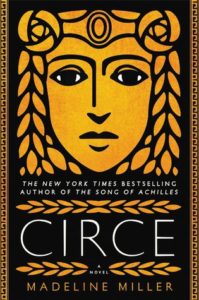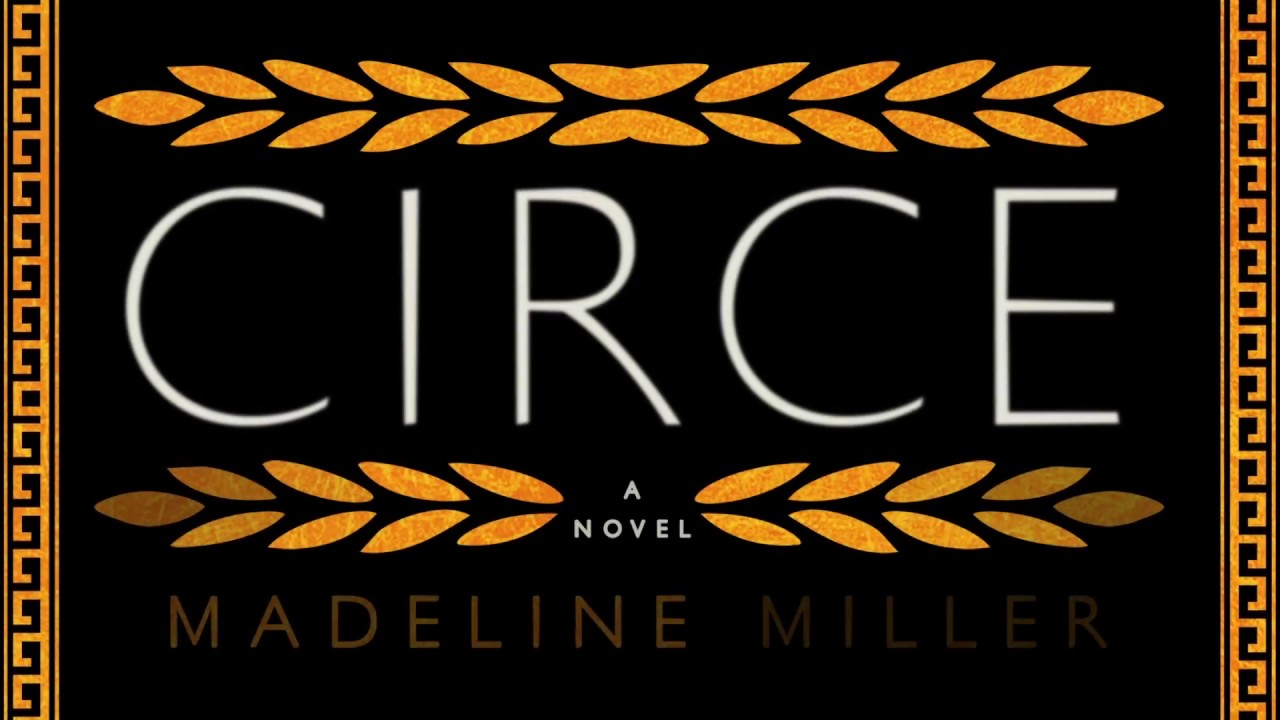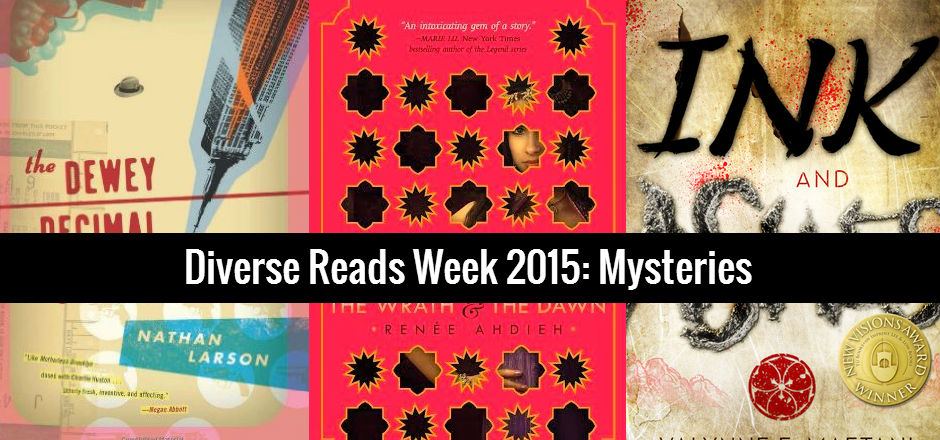Madeline Miller last shattered our hearts with her debut novel The Song of Achilles (2011), where she retold the story of Achilles and Patroclus through the eyes and voice of Patroclus himself. Yours truly reviewed the book a few years ago and still remembers crying on and off for two hours after finishing at one in the morning. This spring, Miller returns with another Greek myth retelling: that of Circe, possibly best known for being the sorceress/enchantress/nymph (take your pick) who has a history with Odysseus as depicted in, you guessed it, The Odyssey.
 Circe isn’t necessarily the most well-known or beloved figure, and that holds true for her characterization in Circe as well: her family sees her as more of a burden than anything, and she’s routinely shunned and mocked by those around her, save for her brother Aeëtes. Left alone and unhappy, she eventually crosses paths with a mortal named Glaucos, whom she falls for.
Circe isn’t necessarily the most well-known or beloved figure, and that holds true for her characterization in Circe as well: her family sees her as more of a burden than anything, and she’s routinely shunned and mocked by those around her, save for her brother Aeëtes. Left alone and unhappy, she eventually crosses paths with a mortal named Glaucos, whom she falls for.
This, more than anything, becomes a turning point for Circe: fascinated by mortals and filled with protectiveness over them, she’s further ostracized by her family until eventually – after a series of rash decisions that lead to Circe turning the nymph Scylla into the many-headed monster of legend (hey, shit happens) – she’s banished to a life of exile on the island Aiaia.
It’s on Aiaia that she thrives, suffers, survives, and makes a life for herself, all while learning to control these powers of hers, powers that no other nymph seems to possess. They’re afraid of her and of what she can do, and so in her exile Circe begins a long journey towards embracing who she is while also becoming unwittingly entangled in others’ lives: her sister Pasiphaë and the infamous Minotaur, Daedalus and his son Icarus, and of course Odysseus himself, among many others.
Circe herself is a witness to many famous mythic events, but she’s by no means a passive bystander, which is where Miller gives the character her strength. It’s by no means a secret that Greek myth in particular isn’t kind to the women in the stories, but the first person narration accomplishes here what it also accomplished in The Song of Achilles: it gives Circe much more depth and understanding than ever before. Is she simply a conniving, bitter witch who acts on selfish impulse? Or is there a reason she acts this way? Is there a story that explains who she is and how she came to be this person?
Miller unearths this story and fleshes it out in a way that allows readers an in-depth glimpse of Circe’s life and thoughts. Circe is sympathetic, unapologetic, powerful, and multi-layered – aspects which we would never otherwise know of due to her usual placement in myth as simply a rest stop on Odysseus’s journey back to Ithaca.
Miller’s writing is as gorgeous as ever – the lush descriptions of Aiaia and the food and drink make you almost thirst for the wine, milk, cheese, and bread that the characters eat – but as much as it was lovely, Circe’s story didn’t quite hook itself around my heart the way TSOA once did and continues to do.
Perhaps this was due in part to the leapfrogging narrative. While I’m still fuzzy on how much time passes, it’s clear that it’s a lot (she’s immortal, after all), and in all that time Circe weaves her way through various Greek legends. It’s playing hopscotch with different chunks of myth, where each one was almost a short story, and it was hard in some cases to be invested in the current arc when it was clear we’d be moving on to a completely different one in a few chapters anyway. I still absolutely felt sympathy and admiration for Circe, but overall my interest in the story fluctuated depending on whom she was interacting with.
If you loved TSOA, then Circe is a must – and if you haven’t read Miller before, it’s still highly recommended. Myths have been interpreted and re-imagined countless times over the centuries, and Miller’s storytelling could rival the best of them. In fact, I would count hers among the best. She’s skilled at giving voices to the normally voiceless, and Circe is no different. It transcends myth, becomes wholly real, and will stick with you long after you’ve finished it.
4.5 out of 5 stars
Goodreads | Indiebound | Kobo





